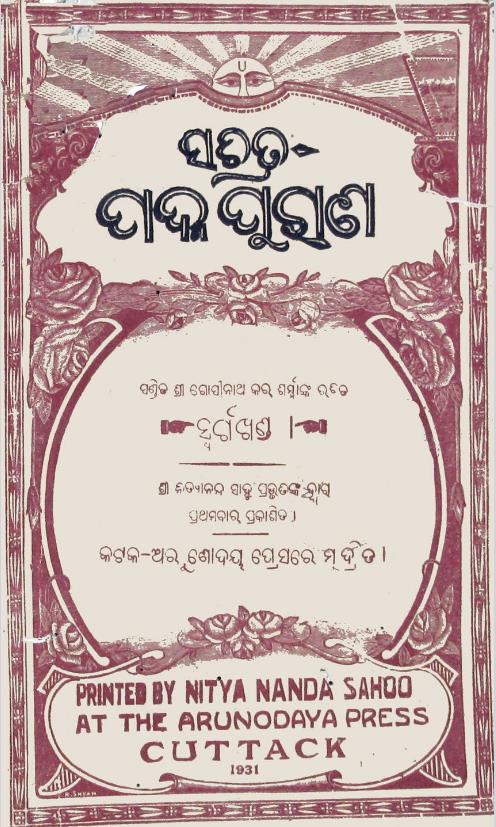The Padma Purana is one of the major eighteen Puranas in Hindu literature, and among its significant sections is the Swarga Khanda, or the Canto on Heaven. Gopinatha Kar’s rendition of this ancient text, published in 1931, invites readers to immerse themselves in the intricate layers of mythology, spirituality, and cultural ethos encapsulated within. This epic work not only preserves the essence of Hindu traditions but also presents them in a way that resonates with the modern reader.
The Swarga Khanda primarily addresses the themes of heaven, virtue, and the various paths of righteousness. It delineates the characteristics of the divine, the nature of existence in various realms beyond the earthly plane, and the importance of moral conduct and devotion in leading one toward a heavenly existence. Gopinatha Kar’s translation enriches these themes with lyrical beauty and accessible prose, allowing readers from diverse backgrounds to engage with the spiritual wisdom of this ancient text.
One of the striking features of the Swarga Khanda is its vivid depiction of Svarga (heaven). Kar’s nuanced translation brings to life the myriad descriptions of celestial landscapes filled with gardens, rivers, and the ethereal beauty of divine beings. These portrayals not only serve to ignite the imagination but also symbolize the spiritual states that seekers aspire to achieve through righteous living and devotion. The lush imagery juxtaposed with the austere life of earthly existence invites contemplation on the nature of happiness and the eternal pursuit of spiritual fulfillment.
At the heart of the Swarga Khanda lies a strong moral framework. Gopinatha Kar emphasizes the importance of dharma—righteousness and ethical conduct. The work conveys that virtuous actions lead one closer to divine realms while emphasizing the consequences of immoral behavior. Through narratives of various characters—gods, sages, and mortals—the text illustrates the perennial struggle between good and evil, encouraging readers to walk the path of righteousness, which ultimately leads to spiritual elevation.
Central to the Swarga Khanda is the concept of devotion (bhakti). Gopinatha Kar highlights various devotional practices and rituals depicted in the text, illustrating how they serve as pathways toward achieving divine union. The translation elucidates the significance of prayer, offerings, and sincere devotion in attaining spiritual progress. In a world enveloped in chaos, the emphasis on developing a personal relationship with the divine presents a timely reminder of the tranquility and solace that such practices can foster.
Gopinatha Kar’s Padma Purana: Swarga Khanda resonates not just as a religious text but as a cultural artifact that reflects the values and beliefs of Hindu society. By making this work accessible, Kar bridges the gap between traditional wisdom and contemporary spirituality. Readers today, regardless of their religious affiliations, can draw insights from its teachings on morality, the importance of good deeds, and the pursuit of inner peace.
Books Info
| Books name | Padma Purana – Swarga Khanda / ପଦ୍ମ ପୁରାଣ – ସ୍ୱର୍ଗଖଣ୍ଡ |
| Author | Gopinatha Kar |
| No Of pages | 191 |
| Publisher | Nityananda Sahoo |
| Publication | 1931 |
| Printed At | The Arunodaya Press Cuttack |
| Distributor | NA |

